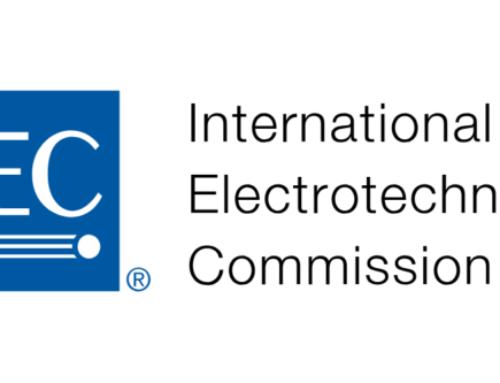The China-EU Standardization Working Group Meeting was held in Beijing on November 10 to discuss the bilateral cooperation on standardization and development. The meeting was attended by SAC Administrator Tian Shihong, Antti Peltomaki, Deputy Director-General of the Enterprise and Industry Directorate General of European Commission and the experts in the China-EU Standardization Working Group.
Tian Shihong noted that the China-EU cooperation has entered a golden age with standards as the technical foundation and rules for the expansion of capacity cooperation, connectivity of infrastructure as well as the enhancement of economic and trade ties, serving as an important bridge connecting China and Europe. SAC has signed a letter of intent respectively with European Committee for Standardization (CEN) and European Committee for Electrotechnical Standardization (CENELEC) and reached consensus on deepening cooperation, bringing China-EU cooperation on standardization to a new level.
China, attaching great importance to giving full play to the role of standardization in promoting China’s opening up and international cooperation, has published the Action Plan of Promoting Belt and Road Initiative through Standards, in which ten measures are proposed in an effort to strengthen bilateral and multi-lateral cooperation, mutual recognition of standards, as well as the connectivity of technical standards systems among countries along the “Belt and Road”. Such policies have consolidated the foundation for China-EU cooperation on standardization.
Tian made three suggestions on deepening the cooperation between China and Europe on standardization. First, to further deepen cooperation in traditional areas. The two sides should, taking advantage of the current mechanisms and information platforms, enhance exchanges of information and personnel, intensify personnel training, commit more efforts to the translation of standards, and improve enterprise-oriented standardization services so as to promote connectivity.
Also, China and Europe should expand their cooperation. The two sides should strengthen the coordination and connectivity of standards in major strategies and key areas, such as the development of the Belt and Road Initiative, international capacity cooperation, re-industrialization in Europe, and the transformation of the rail and port networks. Major commodity trading countries should analyze their standards systems through comparison, so as to promote mutual standards recognition between China and Europe and improve the coordination between Chinese and European standards.
Tian also emphasized the importance of enhancing international coordination. He pointed out that, in the spirit of openness, inclusiveness and mutual benefit, and focusing on development issues of common concern, China and Europe should cooperate on the formulation and revision of international standards, support the cooperation between Chinese and European businesses and social groups on standardization connectivity projects, and explore to build an international cooperation mechanism for consortium standards.
China and EU has formed a standardization cooperation mechanism with an all-direction, multi-layered pattern and remarkable achievements thirteen years after its establishment. The two sides has strengthened bilateral cooperation and cooperation on international standardization; made policy and technical exchanges in key areas such as smart grid, electric vehicles, information and communication technology, energy management and smart cities; established a China-EU standardization information platform with more than 60,000 pieces of standardization information of ten areas, such as electronic instruments, medical equipment, environmental protection, etc., thus facilitating China-EU trade by providing Chinese and European companies with easy and timely access to standardization information; provided an China-EU training programme for standardization experts and teachers, thus improving Chinese experts’work in international standardization.




